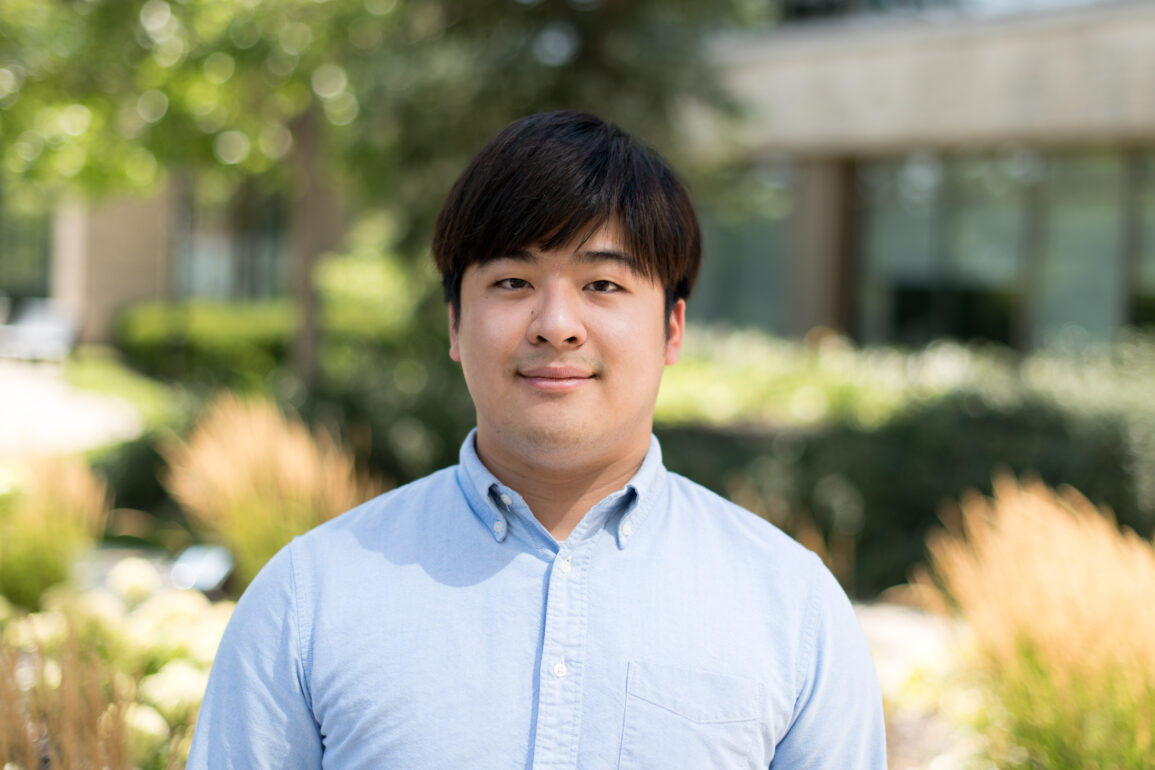After completing his MEng degree at BME in 2021, Eric Wong embarked on his career at Epineuron Technologies, a medical device company that helps surgeons expedite nerve recovery through electro-stimulation after nerve-repair surgeries. Here, Eric provides valuable insights into Epineuron’s breakthrough bioelectronic therapy, the challenges faced in the field, and the role of a Quality Manager in ensuring product safety and regulatory compliance.
Can you briefly summarize your background and how you got to the role as a quality manager in Epineuron?
Prior to joining Epineuron, I completed my Master of Engineering degree at the Institute of Biomedical Engineering, University of Toronto. Before that, I completed undergraduate studies in Mechanical Engineering at the University of Toronto.
I was initially hired as the Quality Assurance and Regulatory Affairs Specialist at Epineuron. As I gained experience and took on more responsibilities, I earned the promotion to the role of Quality Manager.
What does Epineuron specialize in?
Epineuron is a clinical stage medical device company developing a novel class of bioelectronic therapy that offers a transformative approach to aid in the treatment of injured peripheral nerves.
The technology has been designated as a Breakthrough Device by the FDA in recognition of the potential benefit to patients given the current standard of care.
What is a major challenge in this field? How do your products stand out? And what type of problem does it solve?
Currently there are no devices or drugs that exist to help patients recover from these injuries and this presents a unique opportunity to change the standard of care.
What is your role as a Quality Manager look like? Is there a day-to-day routine that you normally go through?
I am primarily responsible for the operation and continuous improvement of Epineuron’s MDSAP Certified ISO 13485:2016 Quality Management System.
Benefiting from my engineering background, I also contribute to the product development process for the design, development, and manufacturing of Epineuron’s products.
My day-to-day generally consists of planning out and executing events that ensures the QMS is effective for Epineuron, as well as managing and coordinating risk management, V&V testing, and outsourced testing for Epineuron’s products.
How does your role fit into the logistics of the company?
The QMS for a medical device manufacturer establishes processes to be used in many functions of the business, from resource management to supplier management, and more.
Given my role’s responsibilities, I help ensure medical devices manufactured by Epineuron are safe, effective, and meet customer and regulatory requirements.
Can you elaborate more on the research and development process?
The research and development process is established by the QMS, specifically under the Design Control framework. This is essentially a rule book of how an organization can design, develop, and manufacture safe and effective medical devices.
What is the next step for Epineuron?
Epineuron will be growing sales and creating next generation products in peripheral nerve care.
What are some of the highlights of your MEng degree?
I began my MEng degree during the height of COVID in 2020, and unfortunately missed out on the hands-on learning experience of the program on-campus.
However, as the restrictions eased off, I had a blast connecting with my cohort in various off-line events!
Are there any particular courses that helped you succeed in industry? If so, how were they helpful?
To start, BME1800 has been the most beneficial course in preparing me for success in the medical device industry. It provided practical knowledge and skills that directly apply to working in an ISO 13485 environment, and an opportunity to experience the design control process firsthand through a project. The insights gained from this course have proven invaluable in my early career in the industry.
The MEng program also offers a wide range of specialized courses that can complement your skill set and interests within the BME realm. I have taken courses related to human factors centered design of medical devices, restoring disordered motor controls, and analyzing biological signals.
Were you a part of an internship during your MEng degree? What was the outcome of the internship?
For the internship component of my MEng degree, I worked as a private consultant at BT Medical Technologies.
During this internship, I had the opportunity to co-author a research report titled ‘Evaluating Best Practices and Identifying Gaps in Equipment and Medication Management in Home and Community Care Settings,’ published by the Canadian Standards Association (CSA). This experience allowed me to actively engage in analyzing and assessing the current state of equipment and medication management within these healthcare settings.
What advice would you offer to incoming or current MEng students?
Make the most of your networking opportunities, engage with professors and peers, seek out internships or research experiences, and maintain a healthy work-life balance to enhance your overall learning experience.
Knowing what you now, what advice would you give to your younger self going through the program?
Prioritize self-care and stress management, embrace failure as a learning opportunity, and take advantage of the resources and support available to you.


